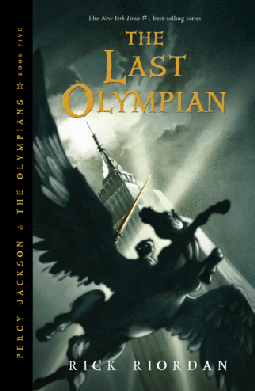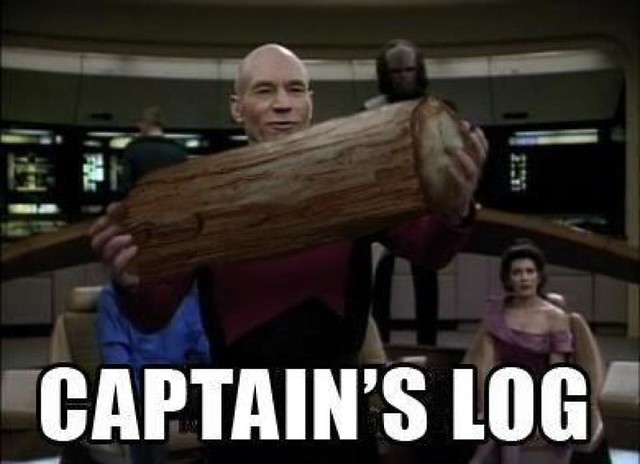
The sail scooped wind out of the sky and propelled the wooden train-boat onwards. The four adventurers were in the middle of their journey to find out exactly what goes on beyond the fog. The fog had protected their sea-locked town for over two decades from the vast unknown. It is said phantasmal figures lurk within the impenetrable, permanent mist: spectral anomalies, eerie shades, ghastly wraiths, and other apparitions.
These
four children had an insatiable curiosity for such phantoms. They set out on
the fourth hour of this very day, climbing out of their windows, creeping out
of their homes like they had stolen the largest diamond known to man. They had
been planning this endeavor for some time now, and had sketched, developed, and
designed a suitable vessel for this grand adventure.
“How about we build our own train? It
would be a steely monster, and go really fast,”
exclaimed Billy. “Because, ya dingus, we can’t build a train,” replied John.
“How’s that, John?”
“Because, ya dolt, we don’t know how.”
“Oh... yeah.”
John
sighed in exasperation as he planted his hand on his face. Matt and Nick
mimicked John, resulting in a chorus of moans of disappointment and irritation.
“I
know! How about we build a boat, and go by sea?” questioned Matt.
“The
wood we have is too heavy to float, Matt, and we don’t have enough of the special,
lightweight wood to make an entire boat, can’t go by sea,” replied John.
“Wait,
I’ve got it. What about a boat that’s a train and a boat. We could call it the train-boat!” proclaimed Nick.
“Is
your head screwed on right? You can’t just throw a train and a boat together,
Nick,” John countered.
“Wait,
John, I think he’s onto something. What if we had a small wooden cart, like
made of the lightweight wood that would fit on the train tracks? Then, we could
put a sail on it, and the wind could carry the lightweight wood, and we would
have enough of it to build the small cart!” Matt shouted with excitement.
“You
know, Matt, that just might work,” responded John.
So they
began to build their train-boat. Within two weeks, the contrivance had been
completed, and the four buccaneers and their glorious pirate locomotive were
ready to ride.
So they
snuck and they sneaked, from their homes they lurked. They heaved the most
innovative invention since electricity onto the railroad. Then, they opened the
sail and hopped in the cart, venturing into the unknown.
If there was an answer, they'd find it
there.















